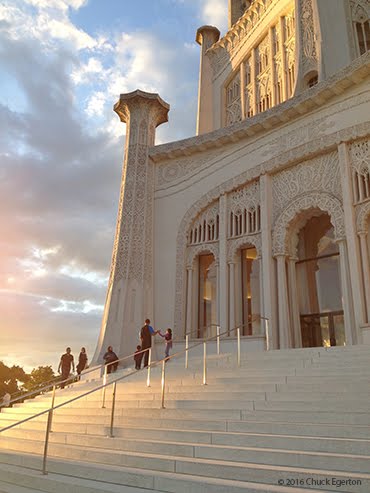
QUESTION: Is fate, which is mentioned in the Holy Books, an irrevocable thing? If so, what use or benefit will come from seeking to avoid it?
Answer: Fate is of two kinds: One is irrevocable and the other is conditional, or, as it is said, impending. Irrevocable fate is that which cannot be changed or altered, while conditional fate is that which may or may not occur. Thus, the irrevocable fate for this lamp is that its oil will be burnt and fate for this lamp is that its oil will be burnt and consumed. Its eventual extinction is therefore certain, and it is impossible to change or alter this outcome, for such is its irrevocable fate. Likewise, a power has been created in the body of man whose depletion and exhaustion leads inevitably to the disintegration of the body. It is even as the oil in this lamp: After it has been burnt and consumed, the lamp will assuredly be extinguished.
But conditional fate may be likened to this: While some oil yet remains, a strong wind blows and extinguishes the lamp. This fate is conditional. It is expedient to avoid this fate, to guard oneself against it, and to be cautious and prudent. But the irrevocable fate, which is like the depletion of the oil of the lamp, cannot be changed, altered, or delayed. It is bound to occur, and the lamp will undoubtedly be extinguished."
‘Abdu’l-Bahá,
Some Answered Questions
Kathe Kollwitz































